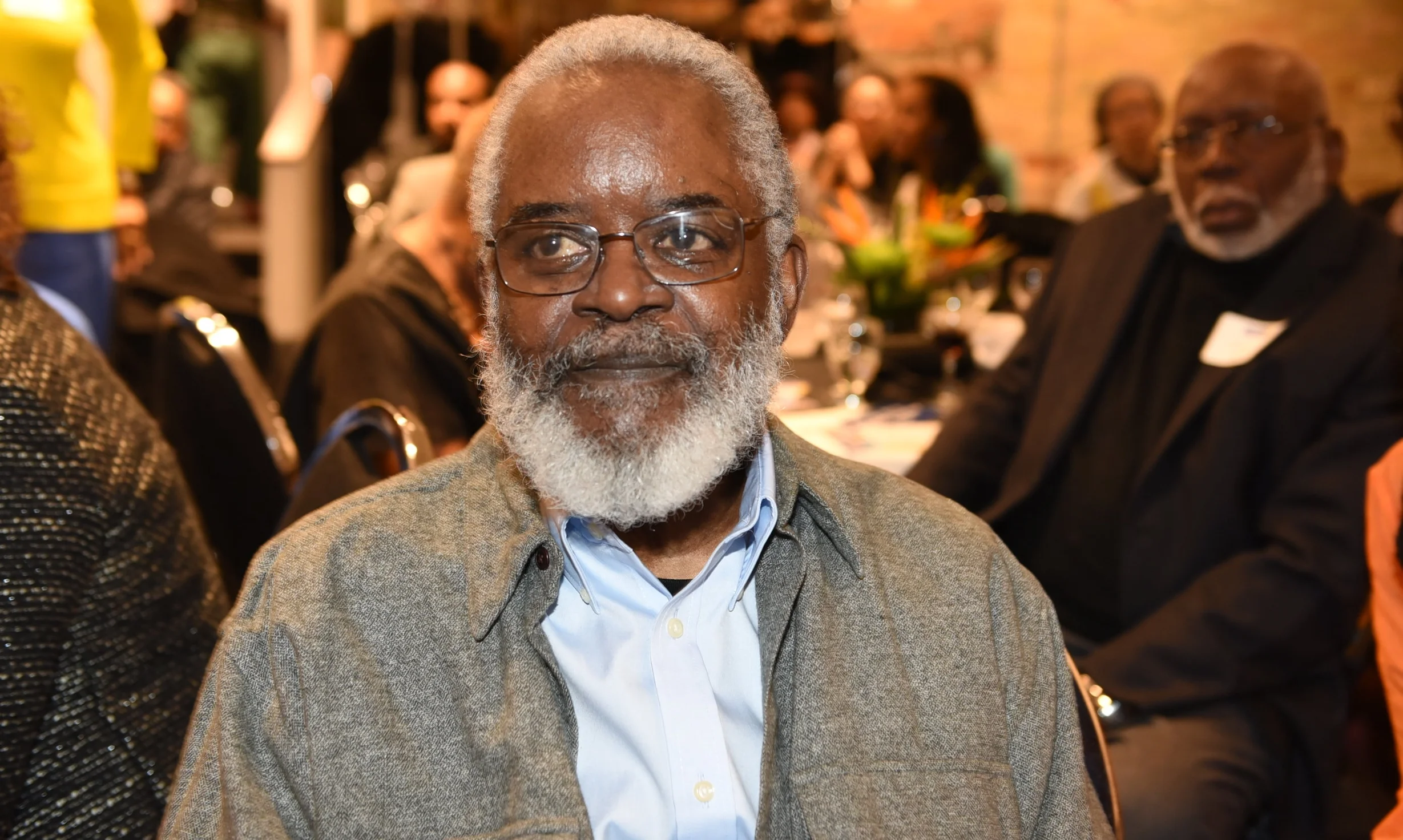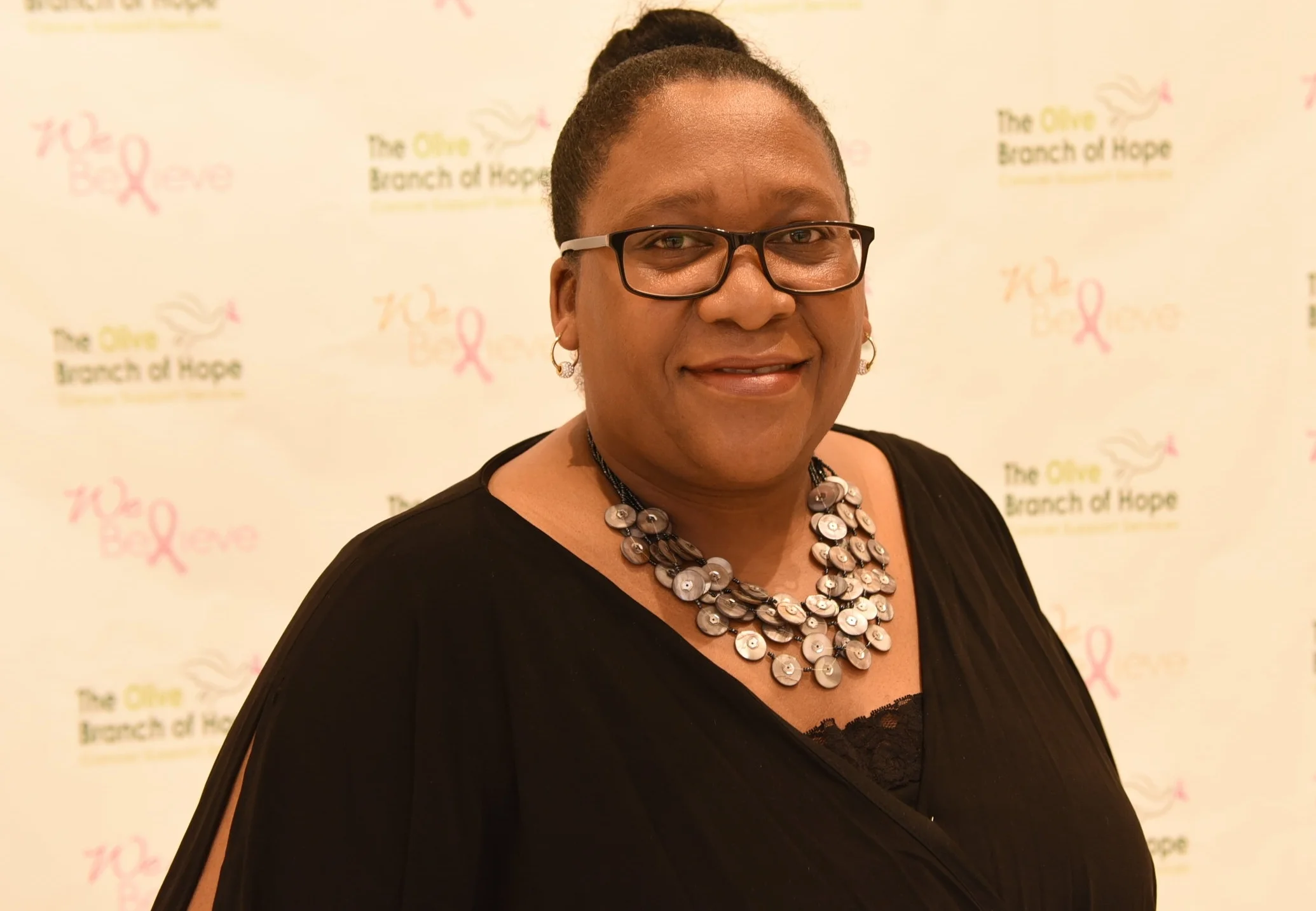Ryerson scholarship will honour pioneer filmmaker Roger McTair
April 28, 2017
Plans to launch a scholarship at Ryerson University in the name of pioneer Black filmmaker Roger McTair were unveiled last week at a celebration of his life and work.
Black students pursuing filmmaking studies at the university’s School of Image Arts will be the beneficiaries.
Donors are encouraged to make a one-time gift of $1,000 or monthly donations of $42 for the next two years to help raise $25,000 to create the Roger McTair Student Filmmaker Award.
Krishnan Metha, Ryerson University’s campaign executive director, said the tax deductible donations will ensure that McTair’s rich legacy will continue to educate and inspire people in the future.
“The pride of our alumni is really the proof that this university has done its work, but in many ways, you are the proof that this university is what it is and what it will become,” he told McTair.
He followed Fil Fraser as the second Black male Canadian film producer.
“This was at a time when the Black population was four per cent of Canada’s population and the big question was, ‘Was there an audience for these films’?” said Karen King, the founder of Productions Without Borders which is an online community dedicated to supporting the film and TV content industry in reaping the benefits of diversity and inclusion.
McTair made nine films between 1977 and 2000.
King said the response to all of them was overwhelming.
“There were people lining up around the block coming to see them,” she pointed out. “The screenings were sold out. Roger told the stories of ordinary people. He told stories that are so important because they are the ones that actually tell us what Black life was like here in Canada, what was really going on in families as they gathered to celebrate their heritage or as they struggled to keep their children out of jail…Roger told our stories through an African, Trinidadian and Canadian lens. They were the most difficult to tell, but he insisted because it was at a time when we had to learn that our stories are valuable.”
Fraser and the late Jennifer Hodge and her husband Paul de Silva were the only visible minorities making films in Canada when McTair and his ex-wife Claire Prieto migrated from Trinidad & Tobago in the early 1970s.
“When I met them, I was working in commercials in the mainstream,” added King. “Their politics advised me about the importance of me becoming a filmmaker. Roger helped me make history and become the first Black woman in Canada to produce a movie and to have a world premiere at the Cannes Festival. He was also responsible for me getting a job at the National Film Board (NFB) because he was working on a jury at the time I applied for a job. He handed me the box of films that the Geminis had given him so that I could watch all of them and be really well prepared for my interview. More than the films themselves, the legacy that Roger and Claire leave behind is the community they created for us as filmmakers. They are entirely responsible for us becoming a Black filmmaking community in this country. With Roger, I would not be who I am and all the filmmakers that have benefitted from me would not have done so at all.”
Failing to secure a job in advertising after being told by several agencies that his Canadian experience was minimal, McTair freelanced for several years before making his first film, ‘It’s Not an Illness’
“Claire was in the film and our son (Ian Kamau) was born during the shoot,” McTair recalled. “Nobody wanted to buy the film, but when we got a gold medal for ‘Best Medical Film” from a California Film festival, I thought that would open doors.”
It really didn’t.
He wrote a diversity column for the Toronto Star for nearly three years before teaming up with Prieto in 1991 to produce ‘Jennifer Hodge: The Glory and the Pain’ that paid tribute to the life and ground-breaking work of Hodge whose pioneering projects in the 1980s established the dominant mode in African-Canadian film culture.
Hodge, the daughter of late Canadian activist, author and TV personality Mairuth Sarsfield, succumbed to cancer in 1989 at age 38.
She worked closely with McTair on the NFB film, ‘Home Feeling: Struggle for a Community’.
“I got to spend a fair bit of time with Roger during those years,” said de Silva, her widower and the International Diaspora Film Festival co-director. “I remember him with great affection and respect for his work as well as his graciousness and good humour. I learnt a lot about Caribbean culture from Roger, about writers in particular, colonial and post-colonial politics and struggles in Trinidad and other parts of the world as well as the many varieties of rum.”
Award-winning documentary filmmaker Sylvia Hamilton, the Rogers Chair in Communications at the University of King’s College in Nova Scotia, also sent greetings.
“Roger pointed the way for many of us,” she said. “He challenged us to ask the important questions, to think and above all to act. I applaud his commitment to the craft of storytelling.”
Alexander “Frano” Francis met McTair nearly four decades ago when they were attending York University and Ryerson University respectively.
“Roger documented significant events and raised issues affecting African-Canadian communities across Canada through his writings and filmmaking,” Francis noted. “…He has captured our communities’ strength and made the youth of Jane and Finch proud as they struggled to find their place in this society. It was not easy to get those young people on camera, but Roger had the trust and confidence of that community. They knew he would not portray them as caricatures. He knew it back then that Black lives matter.”
McTair collaborated with Hodge on ‘Home Feeling: Struggle for a Community’, a feature film released in 1983 that examined the tenuous relationship between the police and residents in the Jane-Finch community, and directed ‘Jane Finch Again!’ four years later.
Poet and educator Dr. Ramabai Espinet read a few of McTair’s poems while raconteur Rita Cox spoke about his involvement in several initiatives, including the Black Education Project and The Library of Black People’s Literature.
“His generous engagement in projects and events and in efforts to have our voices heard added much to the struggles that we all participated in,” said Cox. “…Roger’s contributions to the Black community and the wider Canadian community have added so much to our society and have enriched us all.”
Prieto, who resides in Pennsylvania with her husband -- African-American playwright Charles Fuller -- sent a message that was read by her niece.
“We all need to thank you for your commitment to Toronto’s Black community,” she noted. “The films you wrote and directed through your company are a clear representation of your continuing interest and love for the history and contributions of Black people, our struggles, our successes and all that we are as we continue to leave an indelible imprint on Canadian culture.”
Just as he was completing ‘Journey to Justice’ which was the story of six Canadians who took the racism they faced to court, McTair got a job offer from Seneca College.
“I got on my high horse and told them I was a freelancer and I didn’t want to work for anyone,” he recounted. “They asked me to give it a try because they needed someone and I did. The first cheque I got after two weeks was a good one and the second one after the first month was also good.”
McTair spent 18 years at the college.
“What I really liked about teaching was that I got to challenge young minds and having them challenge me,” he said.
McTair, who suffered a stroke and eye problems after retirement, will release a book of short stories, ‘My Trouble With Books’, next month.






